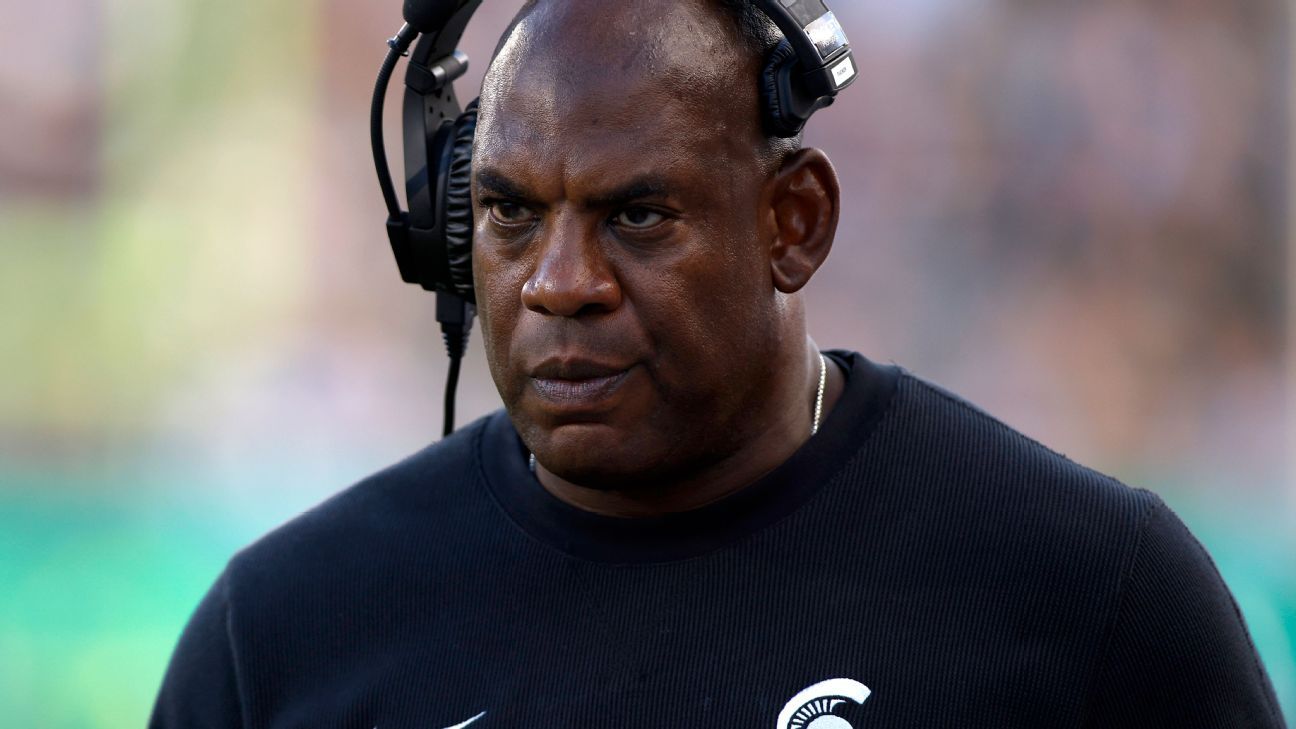Arizona prosecutors in recent weeks issued grand jury subpoenas to multiple people linked to Donald Trump’s 2020 campaign, a sharp acceleration of their criminal investigation into efforts to overturn Joe Biden’s victory in the state.
The new steps, first reported here, are a sign that Attorney General Kris Mayes, a Democrat, is nearing a decision on whether to charge Trump’s allies in the state, including GOP activists who falsely posed as presidential electors in December 2020.
Six people were granted anonymity to share these details about the ongoing investigation.
The attorney general’s office declined to comment.
It was not clear whether Mayes is considering charges against people close to Trump’s national campaign, or whether her investigation remains focused on the Arizona GOP officials and activists who aided Trump’s bid to overturn the state’s presidential results. In November,
Mayes told CNN that the investigation is “robust.”
Mayes’ investigators are scrutinizing the so-called “alternate electors” who signed paperwork falsely claiming that Trump had won the state. Prosecutors in Georgia, Michigan and Nevada have already brought charges against pro-Trump fake electors in their states.
Mayes’ team has also asked people about Trump himself, as well as former White House Chief of Staff Mark Meadows and Trump attorneys John Eastman and Kenneth Chesebro.
Chesebro, an
architect of Trump’s scheme to organize slates of false electors in six states won by Biden,
pleaded guilty for his role in that scheme in Georgia, and he has cooperated with investigators in Nevada, Michigan and Wisconsin. He
agreed late last year to speak to Arizona prosecutors as well.
Several prominent Arizona Republicans aided Trump’s post-election efforts, including former state GOP chairwoman Kelli Ward, who was one of the 11 activists who posed as fake electors in the state. Two of the other fake electors, Jake Hoffman and Anthony Kern, are state senators.
The state became a focal point of Trump’s efforts to unravel Biden’s victory, featuring some of the earliest, loudest and flimsiest claims of election fraud.
Trump pushed then-state House speaker Rusty Bowers and then-Gov. Doug Ducey to help him. Their resistance helped scuttle Trump’s plans and put them at odds with Ward and other party leaders who favored Trump’s radical approach.
Mayes could become the final prosecutor to bring charges related to Trump’s efforts to resist the 2020 election results. At the federal level, special counsel Jack Smith has charged Trump with a conspiracy to disenfranchise millions of voters. And in Georgia, state prosecutors charged the former president and 18 of his allies with a racketeering conspiracy to meddle in the election there.
The attorneys general in Michigan and Nevada have also charged the Republicans who falsely claimed to be their states’ presidential electors.
Asked about the escalation of the Arizona probe, George Terwilliger, a lawyer for Meadows, said: “As the Supreme Court made clear yet again in the
Trump v. Anderson decision, federal elections are federal matters. The fiasco in Georgia demonstrates what happens when state officials take it upon themselves to police federal matters.”
Terwilliger was referring to the Supreme Court’s
decision on Monday that prevented states from removing Trump from their 2024 ballots under the Constitution’s insurrection clause.
Ward and the other false Arizona electors joined a late-2020 lawsuit seeking to pressure then-Vice President Mike Pence to assert the power to block Biden’s victory on Jan. 6, 2021, when he would preside over the electoral vote count in Congress. That lawsuit featured in Smith’s
indictment of Trump in Washington, D.C., which noted that Trump “berated” Pence for opposing it.
Ward
asserted her Fifth Amendment rights against self-incrimination in response to efforts by the Jan. 6 select committee to subpoena her testimony about these episodes. Ward also fought an effort by the committee to obtain her phone records, but
lost at the Supreme Court.
For years, Arizona was a Republican stronghold. But that’s changing. In 2020, Biden became the first Democratic presidential candidate to win there since 1996. And in 2022, Mayes won her race to be attorney general by just 280 votes. The state is also home to a competitive 2024 Senate race, where Rep. Ruben Gallego (D-Ariz.) takes on Kari Lake, one of Trump’s staunchest allies.

 iowa.rivals.com
iowa.rivals.com

















